 My wife and a good friend recently went to Waffle House, a favorite of people in the American south since 1955 — both retirees and blue collar workers looking for a cup’a joe as well as late night high school and college partiers looking for some after-hours carbs to offset the evening’s, shall we say, intake. That is, the stools at its counters strike me as populated by a curiously inter-generational mix of people who wear their trucker’s hats ironically and those who wear them just because they do. And although I wasn’t there for breakfast I got a mug out of the deal.
My wife and a good friend recently went to Waffle House, a favorite of people in the American south since 1955 — both retirees and blue collar workers looking for a cup’a joe as well as late night high school and college partiers looking for some after-hours carbs to offset the evening’s, shall we say, intake. That is, the stools at its counters strike me as populated by a curiously inter-generational mix of people who wear their trucker’s hats ironically and those who wear them just because they do. And although I wasn’t there for breakfast I got a mug out of the deal.
A mug made in China. Continue reading “We’re All Made Somewhere Else”

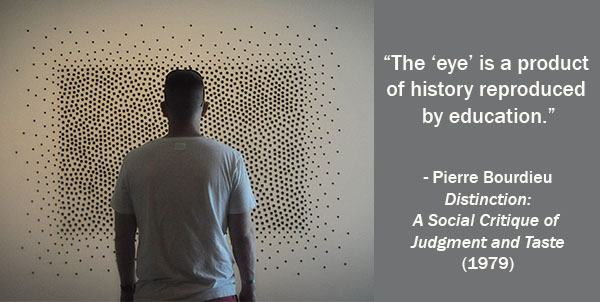 Read
Read 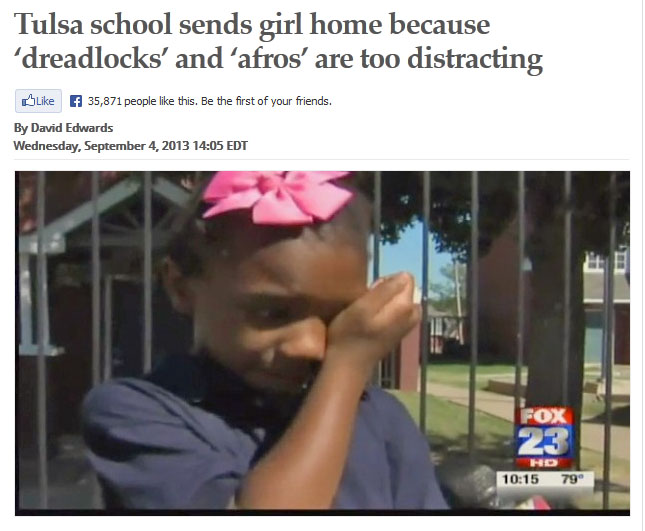 Did you catch this news
Did you catch this news  A video that focused on religion among the urban middle class in India a couple of years ago illustrates what happens when people discuss problems with applying the category “religion.” The journalist quotes Ashis Nandy, an internationally recognized scholar, who brings up the problems applying the category “religion” to the context of India (starting at 3:52).
A video that focused on religion among the urban middle class in India a couple of years ago illustrates what happens when people discuss problems with applying the category “religion.” The journalist quotes Ashis Nandy, an internationally recognized scholar, who brings up the problems applying the category “religion” to the context of India (starting at 3:52).  Read
Read  I have lived most of my life in various parts of what some have referred to as “fly-over country,” a term often used to describe the vast majority of the U.S. that lies between the coasts. As the name implies, the popular perception is that these places aren’t particularly worth a visit because they are thought to lack cultural diversity, professional opportunities, and are often considered to be the seedbeds of a tired but persistent traditionalism that denies the value of progressive thinking.
I have lived most of my life in various parts of what some have referred to as “fly-over country,” a term often used to describe the vast majority of the U.S. that lies between the coasts. As the name implies, the popular perception is that these places aren’t particularly worth a visit because they are thought to lack cultural diversity, professional opportunities, and are often considered to be the seedbeds of a tired but persistent traditionalism that denies the value of progressive thinking. 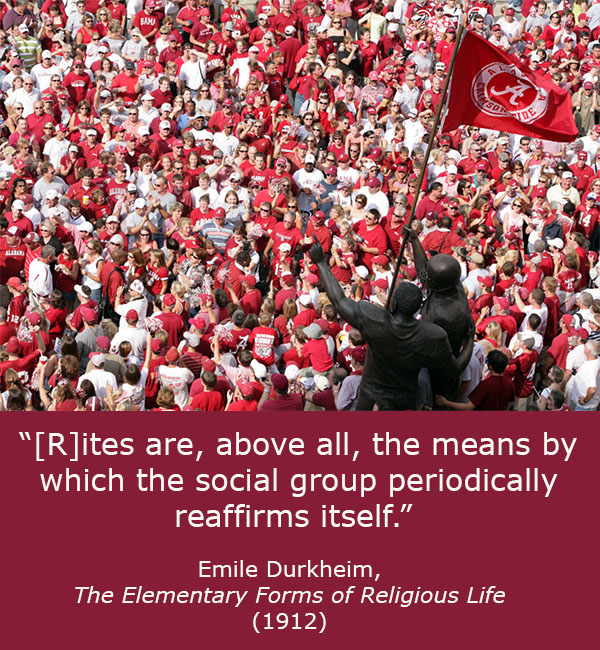 Read
Read 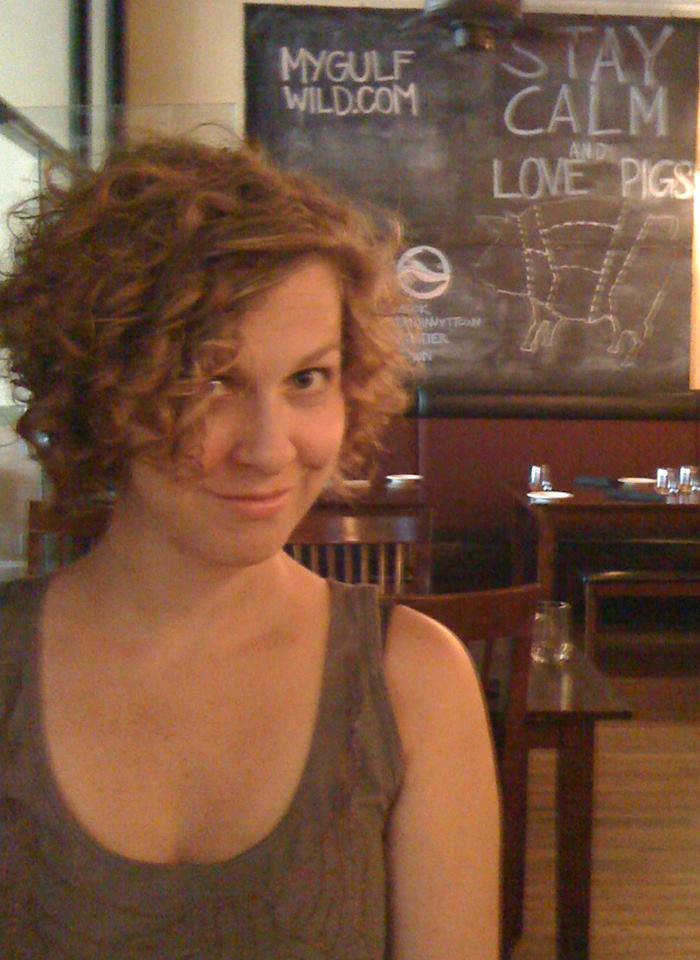 Q: Tell us a little bit about your doctoral studies, since they were not carried out in the academic study of religion, yet that’s the field in which you now work as a professor. How was your training in the Department of English relevant to the work you now do and the classes you now teach?
Q: Tell us a little bit about your doctoral studies, since they were not carried out in the academic study of religion, yet that’s the field in which you now work as a professor. How was your training in the Department of English relevant to the work you now do and the classes you now teach?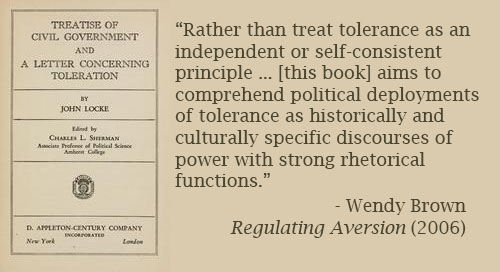 Read
Read  I posted an older story from Radiolab
I posted an older story from Radiolab